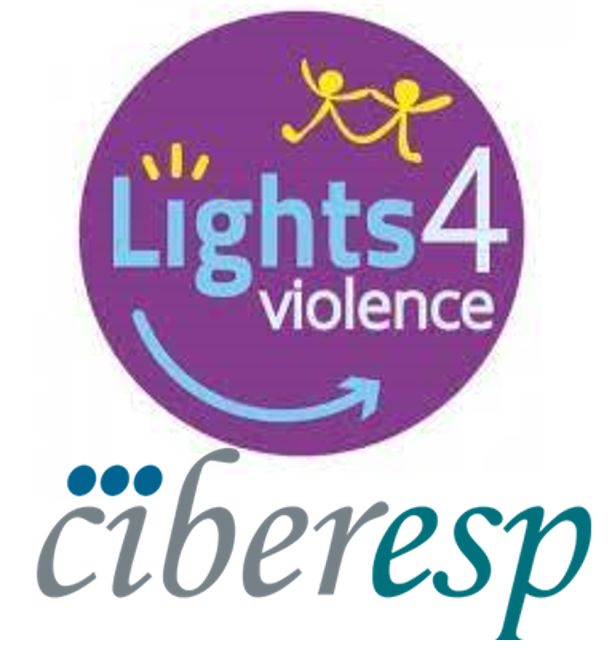Authorship: Sanz-Barbero, Belen | Ayala, Alba | Ieracitano, Francesca | Rodríguez-Blázquez, Carmen | Bowes, Nicola | De Claire, Karen | Mocanu, Veronica | Anton-Paduraru, Dana-Teodora | Sanchez-SanSegundo, Miriam | Albaladejo-Blázquez, Natalia | Neves, Ana Sofia Antunes das | Queirós, Sofia | Jankowiak, Barbara | Waszyńska, Katarzyna | Vives-Cases, Carmen
Background: Sexism results in a number of attitudes and behaviors that contribute to gender inequalities in social structure and interpersonal relationships. The objective of this study was to evaluate the effectiveness of Lights4Violence, an intervention program based on promoting health assets to reduce sexist attitudes in young European people. Methods: We carried out a quasi-experimental study in a non-probabilistic population of 1146 students, aged 12–17 years. The dependent variables were the difference in the wave 1 and wave 2 values in the subscales of the Ambivalent Sexism Inventory: benevolent sexism (BS) and hostile sexism (HS). The effect of the intervention was evaluated through linear regression analyses stratified by sex. The models were adjusted by baseline subscales scores, socio-demographic and psychological variables. Results: In girls, we observed a decrease in BS in the intervention group compared to the control group (β = − 0.101; p = 0.006). In the wave2, BS decreased more in the intervention group compared to the control group in girls with mothers with a low level of education (β = − 0.338; p = 0.001), with a high level of social support (β = − 0.251; p
